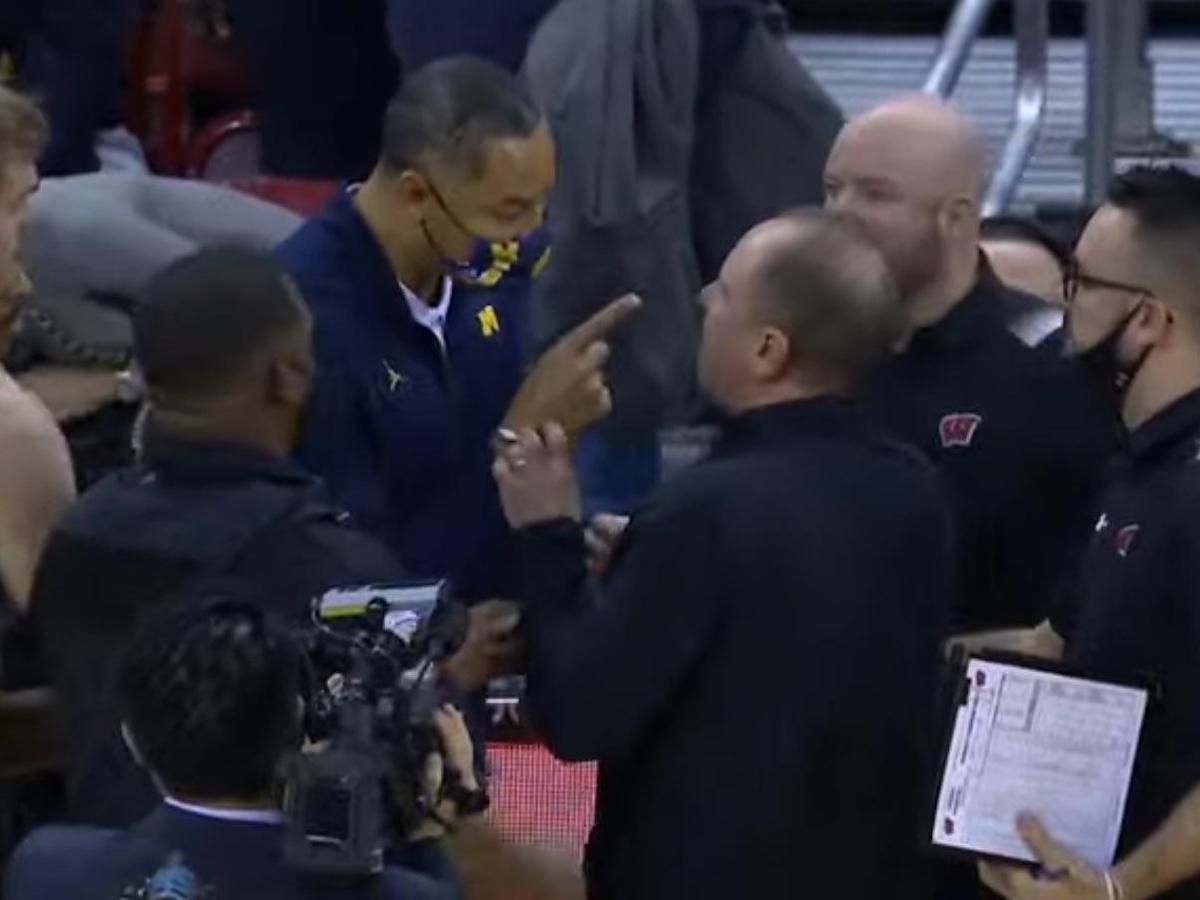
After more than 30 years on the job, I like to think I have some money in the bank with my employer.
I’ve outlasted six top editors, and I enjoy a good relationship with the current one. And although I’ve made my share of mistakes, I’ve never been accused of violating my employer’s ethical rules.
Yet try as I might, I can’t imagine a scenario in which I would be allowed to keep my job after assaulting somebody during working hours, in front of all my colleagues and a national TV audience.
You probably can’t, either. If you work for someone else — a community college, an auto manufacturer, a retail store or a law firm — you, too, understand that slapping someone on the job would cost you your livelihood.
More: Michigan basketball’s Juwan Howard suspended the rest of regular season; two players banned one game
Your family and friends might overlook your transgression. Your immediate supervisor might vouch for your character, and customers or clients might protest your dismissal.
But for your employer, it would be a simple matter: Had you responded reasonably to a legitimate threat, or had you instigated violence against another human being? If the evidence demonstrated the latter, nothing — neither the quality of your work, nor the support of your colleagues, nor your years of unblemished service — would spare you the full consequences of your momentary lapse.
You might be permitted to salvage a modicum of dignity by resigning or electing early retirement. But your continued employment would be off the table, because in the world the vast majority of us live in, you’re not allowed to hit people — period, full stop.
And when you cross that line on company time, what happens next is less about what sort of person you are than about what sort of precedent your employer might set, or what future liability it might incur, by keeping you on the job.
Different rules
But maybe you’re the exception, one of the lucky few who make their living in the realm of professional or collegiate sports. In which case everything is negotiable, so long as you have a winning record.
The license you enjoy varies, of course, according to your station and chosen sport. Hockey players caught throwing punch can serve a five-minute timeout and be back on the ice in time to score the winning goal. Their peers in football, baseball or basketball face may face fines or suspensions after taking a wild swing, but seldom anything worse than that.
Coaches are typically held to a higher standard. Woody Hayes’ legendary career at Ohio State ended abruptly when he threw a single, almost comically ineffectual punch at an opponent’s heavily padded receiver. Indiana University Basketball Coach Bobby Knight was fired after seizing a freshman by the arm for the crime of addressing Knight by his last name — although that kerfuffle had been preceded by a more serious incident in which Knight was videotaped choking one of his own players during a practice.
And then there’s Juwan Howard, who appears to have escaped a lapse of control that would have cost most people their livelihoods with a five-game suspension.
First strike
Exactly what prompted Howard to slap Wisconsin assistant coach Joe Krabbenhoft in the face following U-M’s loss to the Badgers Sunday remains unclear. Howard says he was angry after Krabbenhoft’s boss, head coach Gregg Gard, called a time out in the closing seconds of a game U-M had already lost, and lashed out after Gard grabbed his arm.
Others have suggested that Krabbenhoft or another assistant may have provoked Howard by grabbing or shoving U-M players, although Howard made no such assertion in defending his outburst or his initial refusal to apologize.
But the videotape of the incident speaks for itself. No one struck Howard or any of his players. He struck first.
And all I know for sure is that if you or I did the same thing, our stories would have a different ending.
It doesn’t necessarily follow, of course, that U-M made the wrong decision. You needn’t bleed blue to hope that Howard makes the most of his opportunity for redemption, that he exploits this teachable moment to demonstrate something more than the perquisites of privilege.
But let’s be clear — Howard has been given a second chance few outside the sphere of athletics would enjoy. And he alone will determine whether his employer’s risk was a sensible one.
Brian Dickerson is the Editorial Page Editor of the Free Press. Contact him at bdickerson@freepress.com.
This article originally appeared on Detroit Free Press: Opinion: Juwan Howard gets 2nd chance reserved for a privileged few
